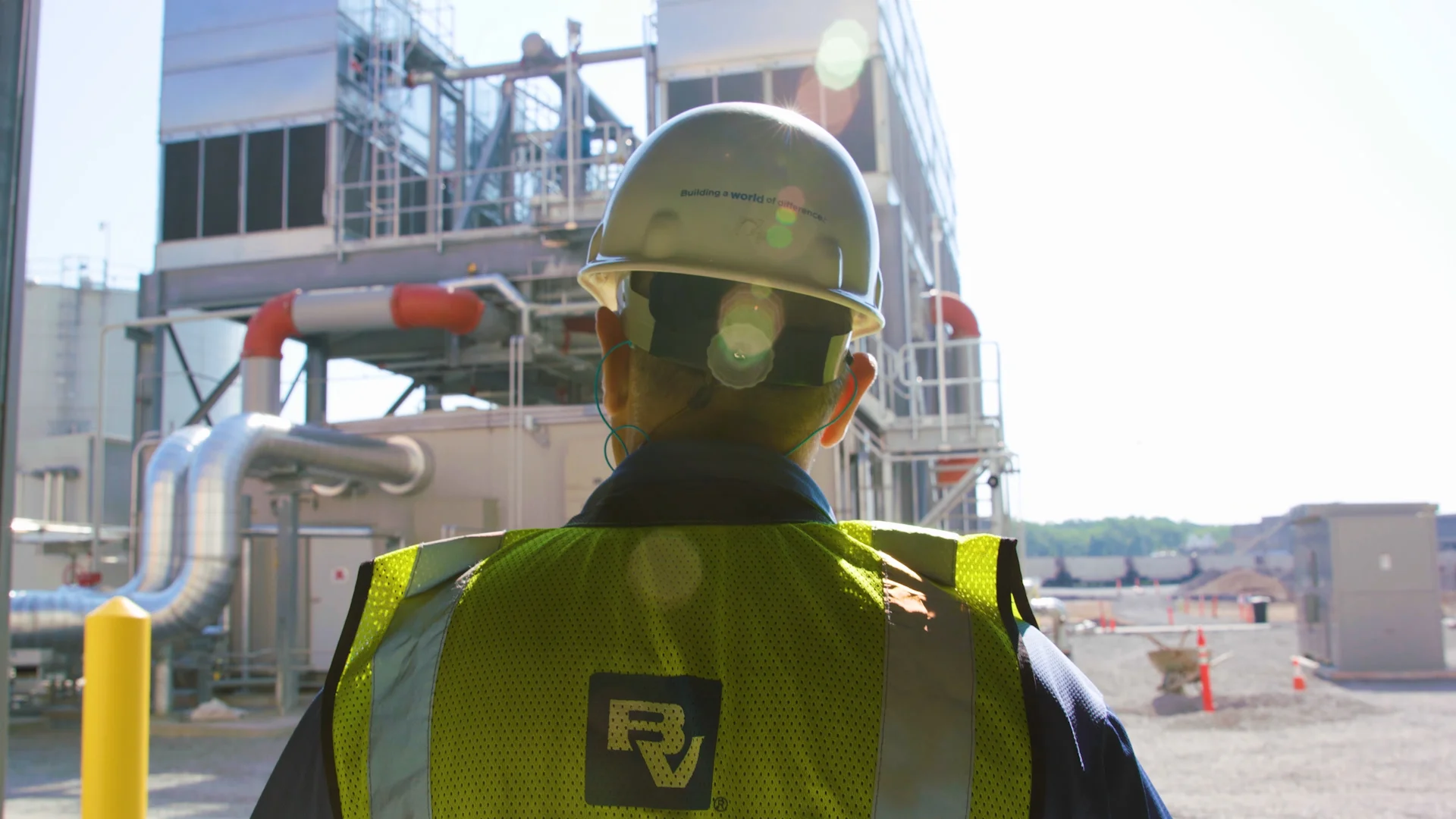City Addresses Wet-Weather Overflows, Preserves Area Waterways

- Project Name
- Toledo Waterways Initiative
- Location
- Toledo, Ohio
- Client
- Toledo, Ohio
Black & Veatch Helps City Comply with Federal Consent Decree to Address Wet-Weather Overflows, Preserve Area Waterways
Any company likes to form long-term relationships with its clients, but Black & Veatch has taken the term and redefined it. Black & Veatch has continuously led and managed the massive Toledo Waterways Initiative (TWI) program for Toledo, Ohio. The program, which has a projected cost in excess of $500 million, includes 45 separate projects to:
Eliminate wastewater treatment plant (WWTP) bypasses;
Eliminate all known sanitary sewer overflows (SSO’s); and
Significantly reduce combined sewer overflows (CSO’s).
Relentless Improvements
As the program manager and program engineer, Black & Veatch has tremendous responsibility for the implementation of the program. This includes conceptual, preliminary and final design to bidding phase assistance, as well as construction phase engineering, construction management and commissioning. The scope also includes responsibility for the overall program management services that include scheduling, cost management, funding assistance, regulatory assistance and public relations.
The program is on schedule and has met all 137 Consent Decree milestones to date. The overall program cost is also tracking well within the current budget.
Black & Veatch has been involved with the program from day No. 1 and worked on a variety of studies, plans and detailed evaluations in the early years of Phase I. Work included flow metering and hydraulic modeling of the city’s collection system, as well as development of a CSO long-term control plan. Later Phase 1 work included facilities planning and design and construction phase services on projects at the WWTP to eliminate plant bypasses.
Phase II of TWI began in 2008, and Black & Veatch led the design and construction of multiple projects to control CSOs. Program work includes three inflow reduction projects; five sewer separation projects; three pipeline storage projects; five basin storage projects, ranging up to 36-million-gallon capacity; three tunnel storage improvement projects; and two regulator modification projects.
There are some important numbers that track the impact of an 18-year-long program, but the real measurement comes from the protection of treasured local water resources in the Toledo metro region that citizens use for recreation and that support a vibrant fishing economy. When completed, 650 million gallons of untreated sewage overflows will be eliminated annually.
Contact Us
Looking for a partner in innovation?
Let's Talk
